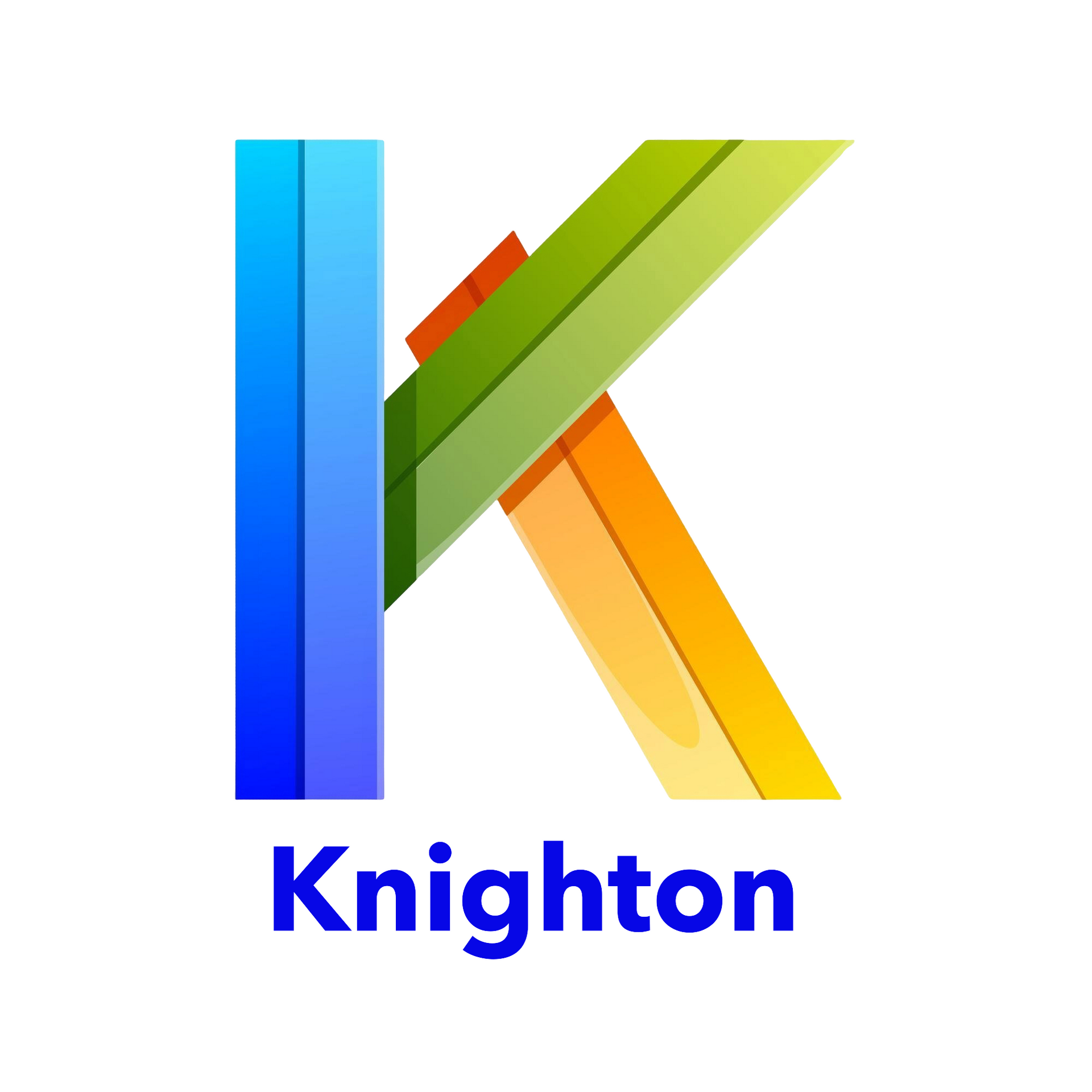HEALTH&SOCIAL CARE COURSES
HND in Healthcare Practice for England (Healthcare Management)
The healthcare sector in England employs approximately 1.3 million people in a wide range of career paths and settings. This course opens the door to a career in healthcare and can lead to further specialist study, depending on your chosen career path.
Our HND in Healthcare Practice for England (Healthcare Management) provides you with a solid understanding of the healthcare environment in England, through a combination of work-based experience and practical study. You'll complete work experience in a health and social care setting, giving you the practical skills and knowledge to pursue a career in this rewarding sector.
Studying our HND in Healthcare Practice for England (Healthcare Management) will give you transferrable skills that can be applied in many different healthcare careers. It will also prepare you for Undergraduate study in specialist areas such as health and social care or public health.
For those already working in healthcare, it provides the opportunity to further develop your career through enhancing your skills, knowledge and understanding within your role. It will also help you plan a clear path into future healthcare roles.
- Are you looking to begin a career in the healthcare sector?
- Do you want to specialise in a particular healthcare practice?
- Are you committed to Continuing Professional Development (CPD)?
This qualification will provide all the foundational building blocks you need for a fulfilling and successful career in the healthcare sector.
COURSE OVERVIEW
01
Intakes
September , February , July
02
Duration
Two years
03
Awarded Qualification
HND in Healthcare Practice for England (Healthcare Management) , Pearson
04
Delivery
Weekdays, evenings and/or weekends
05
Locations
London, Birmingham, Manchester, Leeds
06
Fees
£6000
Curriculum
Year 1
- Law, Policy and Ethical Practice in Health and Social Care (15 Credits)
- Demonstrating Professional Principles and Values in Health and Social Care Practice (30 Credits)
- Supporting the Individual Journey through Integrated Health and Social Care (15 Credits)
- Fundamentals of Evidence-Based Practice (Pearson-set Project - 15 Credits)
- Developing Operational Management Skills for Healthcare Practice (15 Credits)
- Changing Perspectives in Public Health (15 Credits)
- Effective Reporting and Record-Keeping in Health and Social Care Services (15 Credits)
Year 2
- Innovation and Improvement through Action Research (Pearson-set Project - 30 Credits)
- Reflective Approaches in Implementing Person-Centred Practice (15 Credits)
- Managing Quality in Care Environments (15 Credits)
- Facilitating Change in Healthcare Environments (15 Credits)
- Human Resource Management for Healthcare
- Global Health and Wellbeing (15 Credits)
- Project Management for Healthcare (15 Credits)
Work experience/placement requirements
The Pearson BTEC Level 4 Higher National Certificate in Healthcare Practice requires at least 225 hours of work experience/placement in health and/or social care settings and a Professional Learning and Development portfolio (PLAD), including reflective accounts, to be completed.
BTEC Level 5 Higher National Diploma in Healthcare Practice requires at least 225 hours of work experience/placement in health and/or social care settings and a Professional Learning and Development portfolio (PLAD), including reflective accounts. In total at least 450hrs of work experience/placements are to be completed over the two year period of the qualification.
Description Title
This course will provide you with opportunities tThe assessment strategy has been carefully designed to enable students to develop a full range of knowledge, skills and competencies that are key in health and social care. The variety of assessments takes a broad range of factors into account including intended learning outcomes, professional standards in the health and social care industry, student demographics and our pedagogical approach — with each factor helping to maximise the efficiency and effectiveness of the learning experience.
We utilise a strategic and holistic approach to selection and design in our assessment strategy. Essays, reports, presentations, debates and small group projects have been identified as effective means for assessing student development. Where possible, we will use real-life simulations so that students can develop structured arguments through reflection, judgement and targeted evaluation. Students will also research specific areas and formulate objective conclusions — supported by appropriate referencing. In addition, students will be able to creatively use evidence-based writing skills to apply professional judgement in making recommendations and solving problems for future best practices. All group projects will require measured commitment and input from all members, objectively assessed through peer presentation and review.
Presentations will be performed individually and in groups that address concepts of a particular scenario. These assessments will also include a question-and-answer element.
Group debates will be conducted around a particular topic or subject area within health and social care. A proposition will be offered and defended within the group context. This will enable students to demonstrate the ability to work effectively with each other, respect inputs from fellow students, effectively present information and prepare persuasive arguments.o test your knowledge and understanding informally through ‘formative’ assessments. Formative assessments will be completed before your formal ‘summative ’ assessment, which will determine your final marks.
Each module normally contains at least one piece of formative assessment from which you will receive feedback from your course team. Formative assessments are purely for developmental purposes and do not count towards your final module mark. They are designed to help you to gain more knowledge and confidence in the module material and approaches to formal assessment. Students who do not engage with informal assessments often struggle with Foundation Year progression, as well as with the academic levels above.
The formal summative assessment usually occurs towards the end of each module. Assessment methods may include written examinations and a range of coursework, including reports, portfolios, essays and presentations. The marks awarded for summative assessments count towards your final module mark. Assessment methods are reviewed annually and may be updated in consultation with students, for example in response to student or External Examiner feedback. An External Examiner is an independent academic expert from another higher education provider; , and they are appointed by the Univerity to provide external assurance regarding the academic standards of your course.
Entry Requirement
Standard Entry Requirements ( Under 21)
Education
80 UCAS tariff points (or above) or 60 Credit Ofqual qualification at Level 3.
All applicants are assessed by the admission team via interview for listening and speaking and for writing via a personal reflection statement.
Applicants aged 21+
If applicants do not meet the standard entry requirements, we will also consider those with life/work skills which would make them suitable for undergraduate study with a Foundation programme.
All Applicants
All applicants must be assessed by the admission team via interview for listening and speaking and for writing via a personal reflection statement.
Documents required:
- Application form
- Supervised Personal reflection statement
- Personal interview
80 UCAS tariff points (or above) or 60 Credit Ofqual qualification at Level 3.
Applicants aged 21+
If applicants aged 21+ do not meet the standard entry requirements, we will also consider those with life/work skills which would make them suitable for undergraduate study with our Foundation programme.
All Applicants
All applicants are assessed by the Course Provider . Admissions Team via interview for listening and speaking and for writing via a Personal Reflection Statement. Applicants must also be able to evidence a minimum of B1 English, either via exam taken on campus or equivalent accepted English language qualification.
Documents required:
- Application form
- Supervised Personal reflection statement
- Personal interview
Fees&Funding
All students can access student finance.
Tuition Fee Loans
A Tuition Fee Loan covers the cost of your tuition fees. This is paid directly to your awarding institution (in this case Oxford Brookes University). Loan repayments only start once you have finished your course and are earning £26,575 a year or more. Both full- and part-time learners can apply.
Maintenance Loans
If you are eligible, you can also apply for a Maintenance Loan to cover living expenses. This loan is paid directly into your bank account at the start of term. Maintenance Loans has are repaid after you finish your course and your earnings are above £26,575 per year. For more information, please visit gov.uk/studentfinance.
Maintenance Grants
You can also apply for a Maintenance Grant to help with living costs. Maintenance Grants are paid directly into your bank account at the start of term. You don’t have to pay them back, but any funds you get will reduce the size of the Maintenance Loan you could receive, should you also wish to apply for one.
New students must prove they have been living in the UK for five years before their course start date in order to get living cost support from Student Finance England.nt items write about what makes a specific dish particularly worthwhile or delicious.









